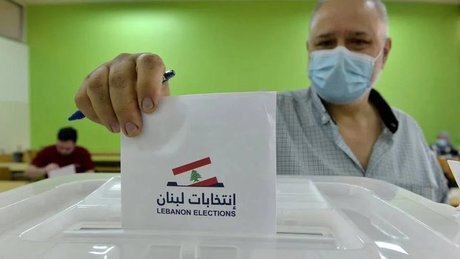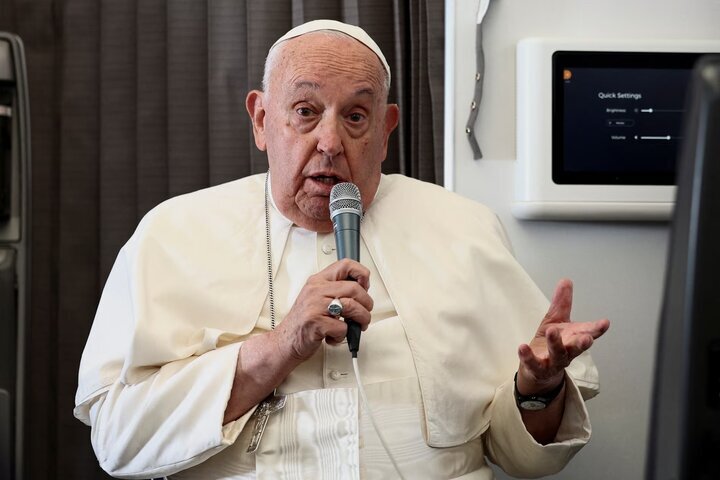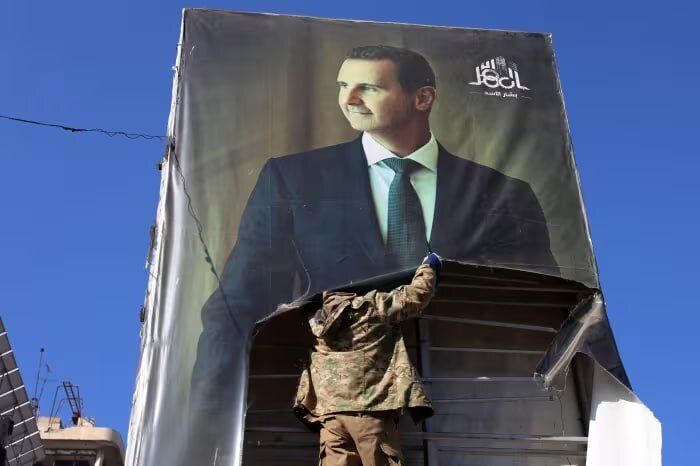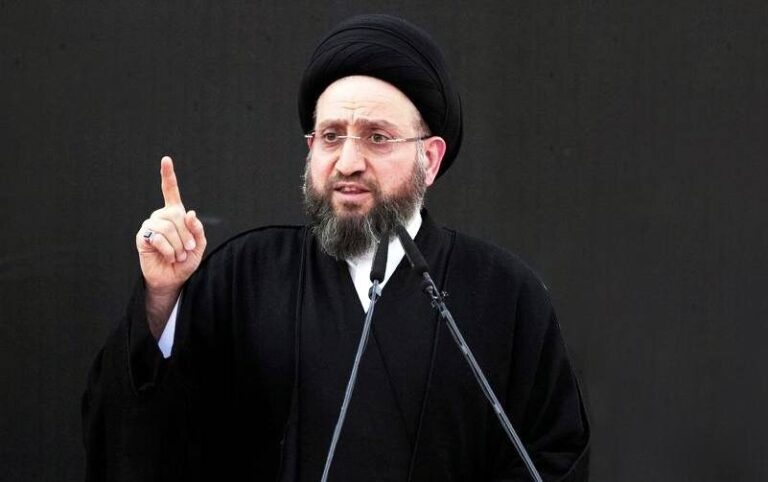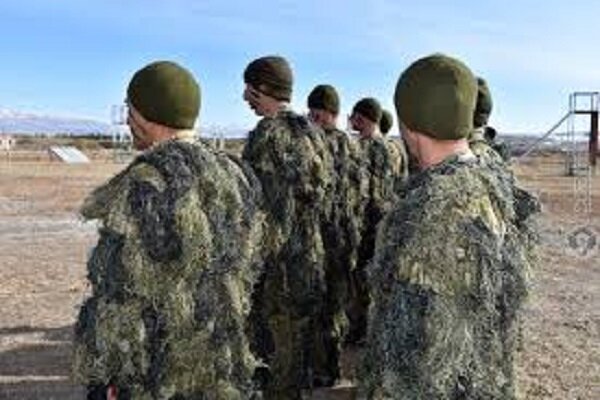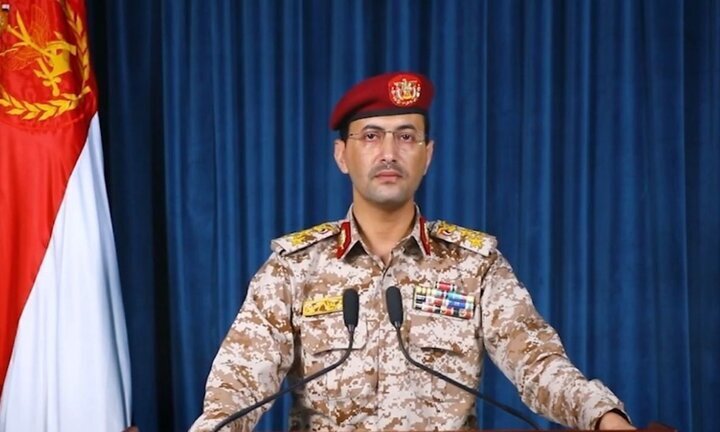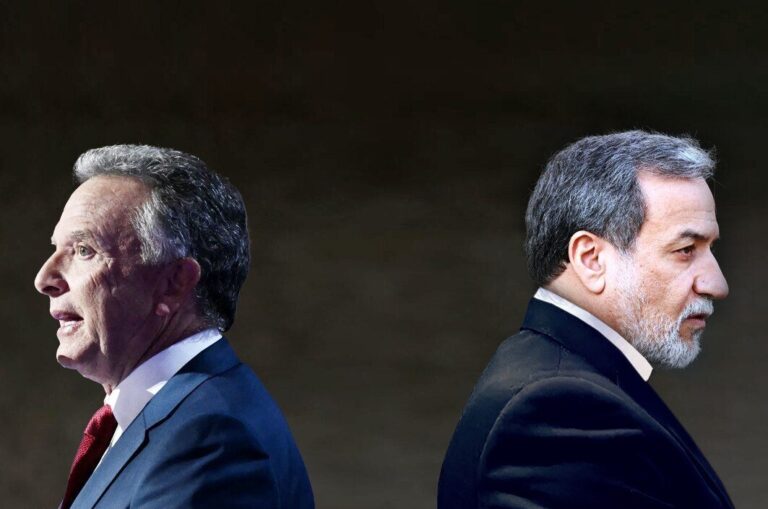Christian Votes in Northern Lebanon: Beyond the Lebanese Forces’ Control
In the recent municipal and mayoral elections held in the Northern Governorate of Lebanon, the electoral landscape has been marked by unexpected outcomes, revealing deep-rooted sectarian and political tensions. These dynamics, coupled with substantial financial influences on the electoral process, are poised to significantly impact the upcoming 2026 parliamentary elections.
Notably, similar to the elections in Mount Lebanon, a concerning decline in voter turnout was observed in the Northern elections. This trend raises questions about the effectiveness of political strategies and voter engagement in the region.
The Lebanese Forces party’s rhetoric has highlighted the anxiety surrounding its grip on the Christian vote in Lebanon. There is a palpable fear among party members regarding any potential challenges to their perceived dominance among Lebanese Christians. In a striking revelation, it was reported that more than 40% of voters in the northern city of Bsharri cast their ballots against the Lebanese Forces party, signaling a shift in public sentiment.
During a press conference, Free Patriotic Movement leader Gebran Bassil declared, “Their victory symbolizes the strength of our presence and representation in the north, in all the northern districts.” He further accused the Lebanese Forces of attempting to “besiege, isolate, and eliminate us wherever they could.” This statement underscores the ongoing power struggle among Lebanon’s political factions.
In response, the Lebanese Forces party has accused its rivals in the North of aligning themselves with the “Axis of Resistance,” a term often used to describe a coalition of groups opposed to Israeli influence in the region. This accusation reflects the intense political maneuvering that characterizes Lebanese politics.
Looking ahead, the elections in the South are scheduled for May 24. In preparation for this, the committee overseeing the ceasefire agreement is set to convene in Ras al-Naqoura, led by the newly appointed chairman, U.S. General Michael J. Lehney. The upcoming elections are shadowed by concerns that escalating Israeli attacks may pressure southern residents, particularly in border towns, to abstain from voting.
In a strategic move, the Lebanese government has decided to relocate all polling stations from municipalities near the border with occupied Palestine to safer inland locations. This decision comes after the Israeli authorities declined to provide assurances that polling stations would not be targeted. Interestingly, voting will still take place in other border towns like Rmeish and Ain Ebel, which are Christian villages under the influence of the Lebanese Forces.
As seen in the Northern and Mount Lebanon elections, the trend of declining voter participation is expected to continue in Sidon. The Lebanese Forces’ electoral strategy has focused on mobilizing Christian votes to counteract rival lists, portraying them as threats to the Christian presence in the area. The reluctance of former Prime Minister Sa’ad Hariri’s Future Movement to engage in the municipal elections in Sidon, a traditional stronghold, has further fragmented the Sunni community, complicating the electoral landscape.
In a collaborative effort, the leaders of the Shiite duo, Hezbollah and the Amal Movement, held a coordination meeting to discuss the upcoming municipal and mayoral elections. This meeting focused on developments in various governorates, including Beirut, Bekaa, Baalbek-Hermel, as well as the Southern and Nabatieh regions, as they prepare for elections in the next two weeks.
- Key Outcomes:
- Significant decline in voter turnout observed.
- Over 40% of voters in Bsharri opposed the Lebanese Forces party.
- Political tensions have escalated, particularly between rival factions.
- Upcoming Elections:
- Southern elections scheduled for May 24.
- Polling stations relocated from border areas for safety.
- Continued focus on mobilizing Christian votes in Sidon.
The intricate web of alliances and rivalries within Lebanese politics continues to evolve, as parties maneuver for influence and support in a highly polarized environment. The implications of these municipal and mayoral elections will reverberate into the parliamentary elections of 2026, shaping Lebanon’s political future.
